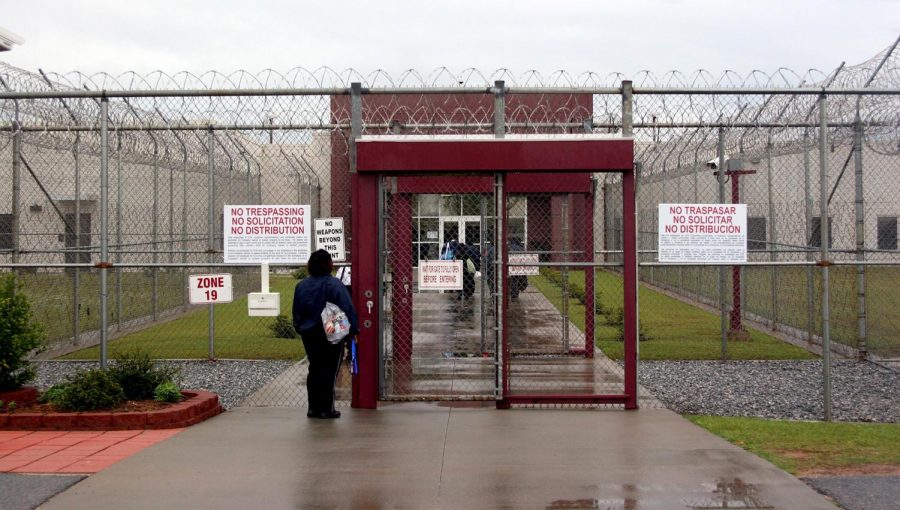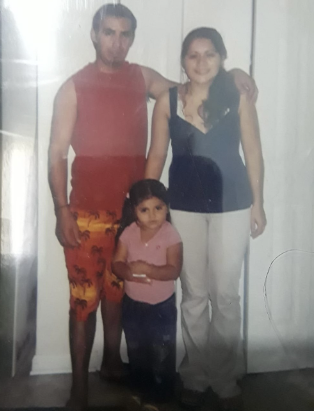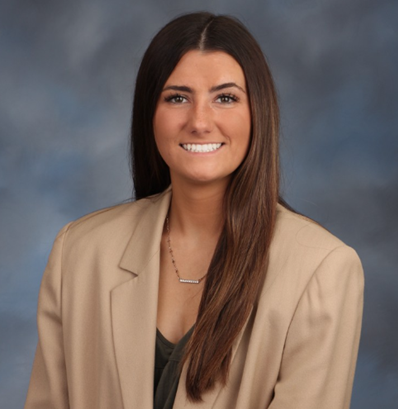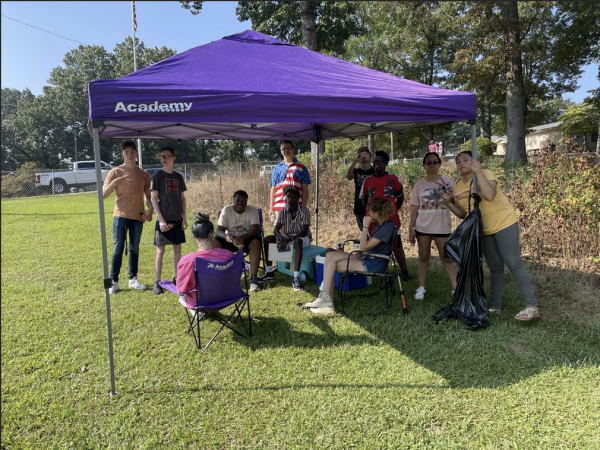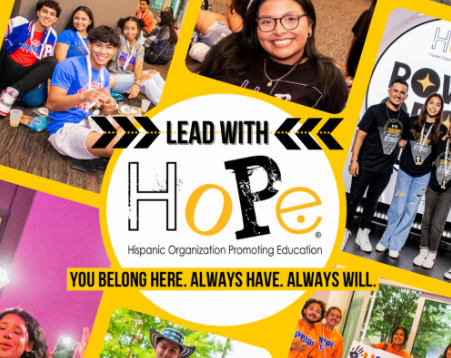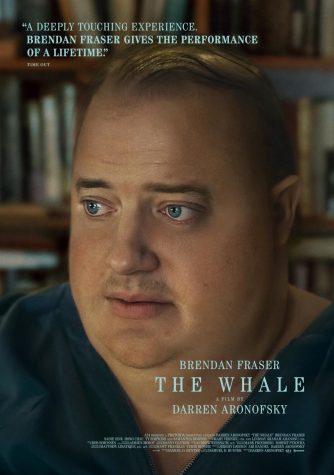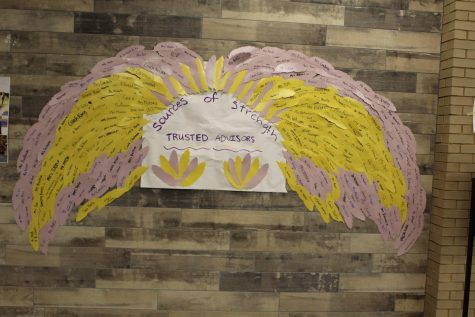Dreamers, Not Criminals
September 30, 2019
A Cartersville High student (who shall remain anonymous out of concern for her emotional and educational welfare), had her father seized by ICE in 2012. She’s only seen him once since, in December of last year.
Not only did ICE take her father, with no prior criminal charges, but also her older brother (24), who tried to hold back police. ICE came to their house, she claims, looking for someone else, but ended up taking the her dad for no apparent reason. This made a huge impact on our student’s life.
“They took someone who was so close to me, and now he is gone,” she said.
The traumatic life experience has negatively affected this student’s social life and education. For a while, she was failing most of her classes in school and didn’t have many friends because she felt like she was the proverbial “horse of a different color.” She no longer has the emotional support from both parents, only from her mom and siblings.
In recent years, numerous immigrants have been seized, detained, and deported. Many of the immigrants who’ve been detained here in Georgia have been taken to the Stewart Immigration Detention Center in Lumpkin County. It opened in 2004 and was designed to hold 1,752 inmates, yet there are nearly 2,000 detainees held there today. It’s been described as an actual prison, despite being called a “detention center.”
Men and women, mostly men, are held there, not for criminal activity, but for being in the country without “authorization.” Many incarcerated individuals were simply seeking asylum in the United States, which is their legal right. Seeking asylum is not a criminal activity. Many of these asylum-seekers are hard-working, law-abiding citizens. They come here in search of freedom and justice. Our student’s father was one such individual.
Unfortunately, freedom and justice are not realities for everyone here, especially not for those behind the gates of detention centers.
Roughly 1,700 detainees wait to find out if they will be deported from the U.S- – and chances are, they will be. Unlike in criminal cases, where defendants have a right to a lawyer even if they cannot afford one, immigrants facing deportation have no such guarantees. In 2018, of the few who obtained a lawyer, less than 2% won their cases. The point that these people are not criminals must be emphasized– their only fault is that they don’t have citizenship, whether that was deliberate or their visas just expired.
Aside from having their rights stripped, detainees have also reported long waits for medical care and have been pressured into working for as little as $1 a day. There are thousands of immigrant families held in this so-called “detention center” without proper dietary or medical care. Suicides and deaths have resulted due to medical mistreatment. Often, detainees complain about the quality of the food; it has been reported that vegetables come with a “side of worms.”
And yet here at home, our Cartersville High senior is still struggling with the absence of her father. It has been seven years.
“I’m about to finish high school and he will not be at my graduation ceremony.”
Take into consideration that this Purple Hurricane is merely one among the 2,000 children who have been separated from their loved ones. The trauma has impacted who this she has become, not only as a person, but as a U.S citizen.
Despite the positive impact immigrants have had upon our country, immigrants are still targeted simply for “not being invited” to the United States. They live in fear of deportation at any given moment.
These are not criminals; these are dreamers.



